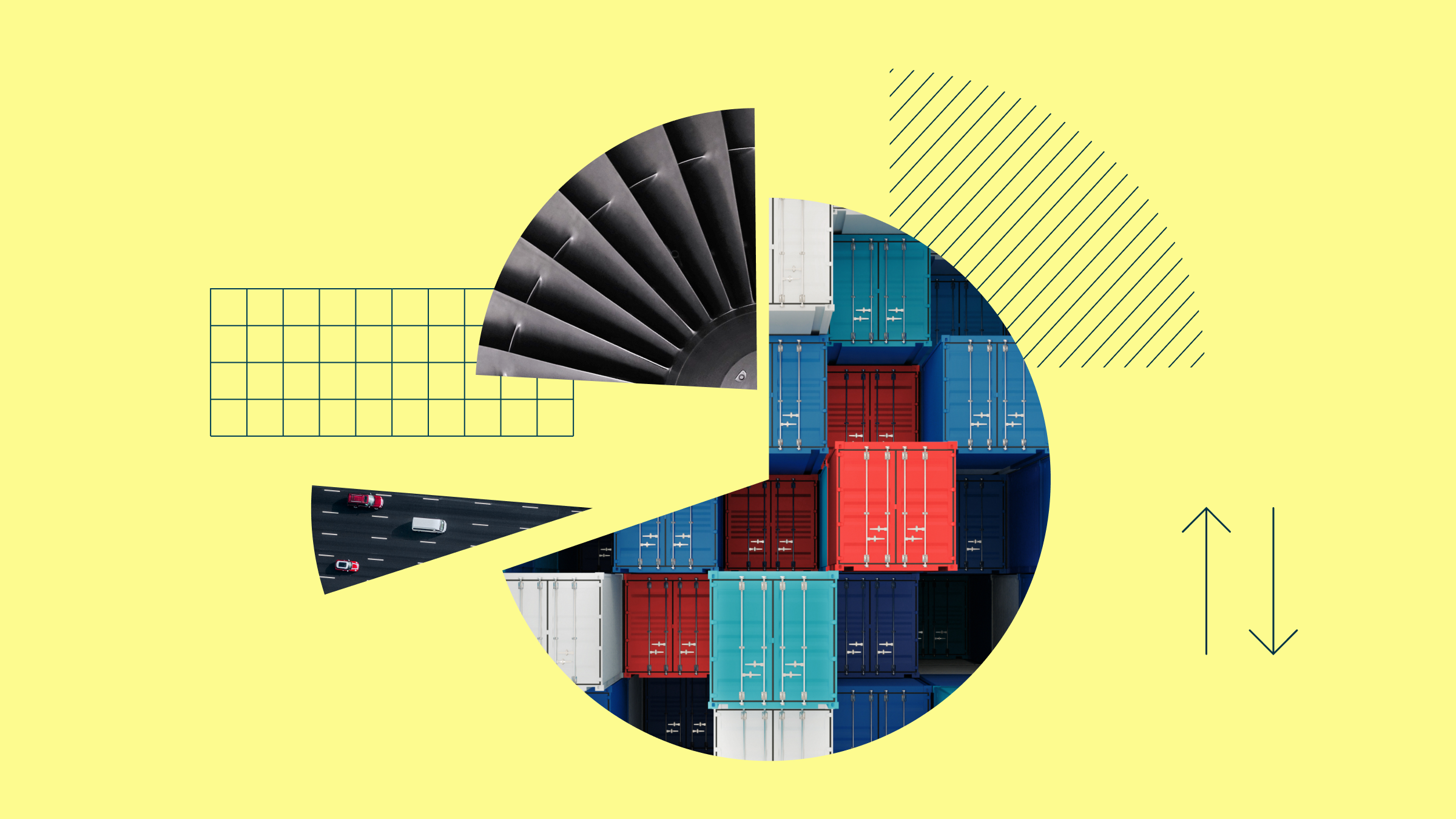Cecilia Mo doubted that oil prices were sustainable in mid-2008 at a record US$145 a barrel. That view led the value-oriented manager ofFidelity Income Trust to underweight energy trusts and avoid some of the losses that ensued that year.
Yet when oil sank to around US$30 a barrel in early 2009, Mo adopted a different stance. "I started to feel more comfortable because I know that the replacement cost has to be at least US$50 to US$60," says Mo, a portfolio manager and long-time member of Team Canada at Toronto-based Fidelity Investments Canada ULC.
"There was some downside, because oil could have gone to US$10. But since March 9, all the indicators were that things were not getting worse," says Mo, adding that energy trusts were trading at unusually lower multiples than common equities. "I'd never seen such a compelling buying opportunity in the five or six years since I covered the sector."
Mo's decision paid off. The fund's Series A returned 49.2% for the 12 months ended Jan. 31, compared with 36.3% for the median fund in the Canadian Income Trust Equity category. The 4-star rated fund has also done well on a two- and three-year annualized basis. It returned 8.4% and 5.8%, respectively, compared with 2.7% and 3.3% for the median fund.
Among the big winners in Mo's concentrated portfolio was Baytex Energy Trust BTE.UN. "That company is most likely to sustain its distribution, even in the post-trust period. Second, it has very big exposure to heavy oil and the differential [versus conventional oil] may continue to go lower," she observes. "Baytex will benefit the most from the contraction."
Despite the fact that energy names dominate the fund's top holdings, Mo has been cautious on oil and gas, which accounts for 28% of the fund, compared with around 48% in the benchmark S&P/TSX Capped Income Trust Index. "Historically, it's been very tough," she says. "A lot of them are poor quality and don't have very sustainable business models."
A Hong Kong native, Mo entered the investment industry in 1994. After graduating from the University of British Columbia, where she earned a BA in business, she joined Neuberger Berman, a New York institutional money manager. "It's a value shop, and where I learned my style," recalls Mo, who worked for two and a half years as beverage, hotel and gaming analyst.
Mo resumed her studies and in 2000 earned an MBA at the University of Pennsylvania's Wharton School. Fascinated with money management, she landed a posting as an analyst at Fidelity. "I always liked the market. My father told me when I was young, 'a girl has to be good in math and know how to do personal finance.' So I ran my parents' investments, when I was at college."
In 2004, Mo began to work on several Canadian equity funds. In May 2005, she was named lead manager of Fidelity Income Trust. In January 2007, she was appointed co-manager, along with Joel Tillinghast, of the wide-rangingFidelity NorthStar.
Mo limits individual holdings in the income trust fund to around 7% of fund assets. Her portfolio turnover in the year ended June 30, 2009, was fairly high at 134%, which reflects both market volatility and more aggressive positioning.
In selecting securities, Mo's first consideration is a stable distribution history. The second factor is determining whether the company is undervalued. "Even though the distribution might be skinny, the company could be very interesting on an equity basis. You get the dividend, and on top of that, hopefully, you get some capital appreciation."
A case in point is TransForce Inc. TFI, which Mo began buying late last year. A former income trust, the trucking firm has been under pressure because of the slowdown. Yet the company has recapitalized and bolstered its balance sheet. "It has a much better cost structure today. When economic activity picks up in 2010, which I expect will happen, the company will benefit enormously," says Mo, adding that the stock yields about 4.6%.
Mo is excited by the prospects as income trusts face this year's Dec. 31 deadline to convert to common equity. In her view, some companies, such as TransForce, have already cut distributions to preserve cash for acquisitions. Others will continue to pay a maximum distribution and leave little for internal growth. If these firms want to grow they will probably issue stock to fund acquisitions. That is the case with another holding, Fort Chicago Energy Partners LP, a utility.
"Both approaches have valid points. As long as you believe the distribution is at a decent rate, post-conversion, and you are not overpaying for the company, I think that trusts will continue to perform reasonably well," says Mo. "If you can find a candidate that offers a 5-6% yield, and it is sustainable, and it has some capital appreciation potential, I would include it in the portfolio."















